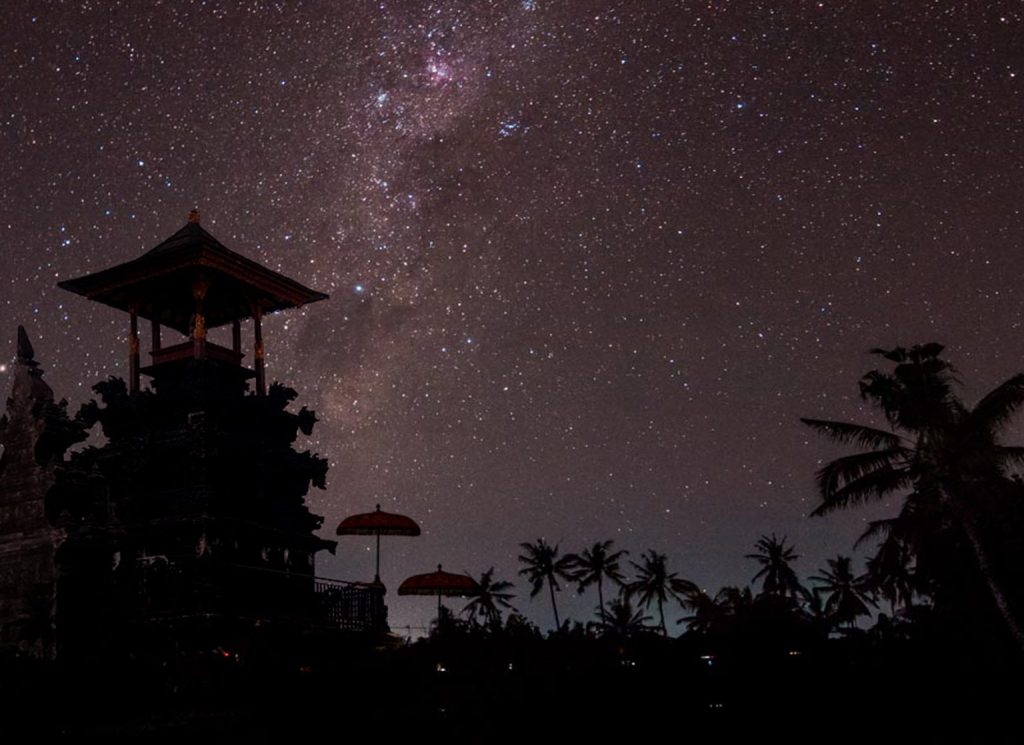A Day of Silence: Lessons from Bali on Reconnecting with Ourselves and the Planet
A Day of Silence: Lessons from Bali on Reconnecting with Ourselves and the Planet

Source: Alaya Dedaun Kuta
Imagine a day where life pauses. No electricity, no traffic, just the embrace of pure silence. Bali recently held its profound tradition of Nyepi, the Day of Silence. The tradition is dedicated to reflection, spiritual renewal, and reconnecting with nature. This holiday is marked as a significant religious holiday observed on the new year of the Saka Calendar.
Nyepi draws its foundation from the core philosophy of “Catur Brata”, which translates into the “Four Restrictions”, listed in detail below:
- Amati geni (silence): No speaking, loud noises, or any activity that disrupts the silence.
- Amati karya (no work): No working, performing any activities, or entertainment.
- Amati lelungan (no traveling): Staying home and avoiding any unnecessary travel.
- Amati kelangenan (no entertainment): Refraining from any form of pleasures such as using electronic devices, or any other form of entertainment.
These Four Restrictions reflect the practice of self discipline and embarking journeys of spiritual growth and development.
The lead-up to Nyepi involves cleaning, preparing offerings, and creating the ogoh-ogoh effigies, which are intricately crafted paper mache statues that typically depict spirits in Balinese mythology. Pengrupukan, held the day before Nyepi, signifies warding off evil spirits or negativities.

Source: Getty Image
While the celebrations are lively and energetic, the overall tone shifts towards a more subdued and introspective mood as Nyepi approaches.

Source: forevervacation.com
Bali's unique tradition of Nyepi transcends its role in welcoming in the new year. The tradition of Nyepi fosters reflection and a reconnection with nature and to use this momentum to give Mother Earth a break.
Nyepi serves as a powerful symbol of the impact human activity has on the environment. The symbolic cleansing and spiritual renewal serve as a starting point for fostering a deeper connection with nature and promoting mindful consumption. With minimal electricity usage and reduced noise pollution, the island experiences a significant decrease in its carbon footprint and air pollution.
The philosophy of “Catur Brata” could inspire individuals to embrace sustainable practices in their daily lives. It serves as a powerful reminder of the need for long-term sustainable solutions and a shift towards mindful living to ensure a healthier planet.
Inspired by Nyepi's call for reflection and mindful living, how can we integrate similar practices into our own routines to foster a more sustainable and introspective lifestyle?


